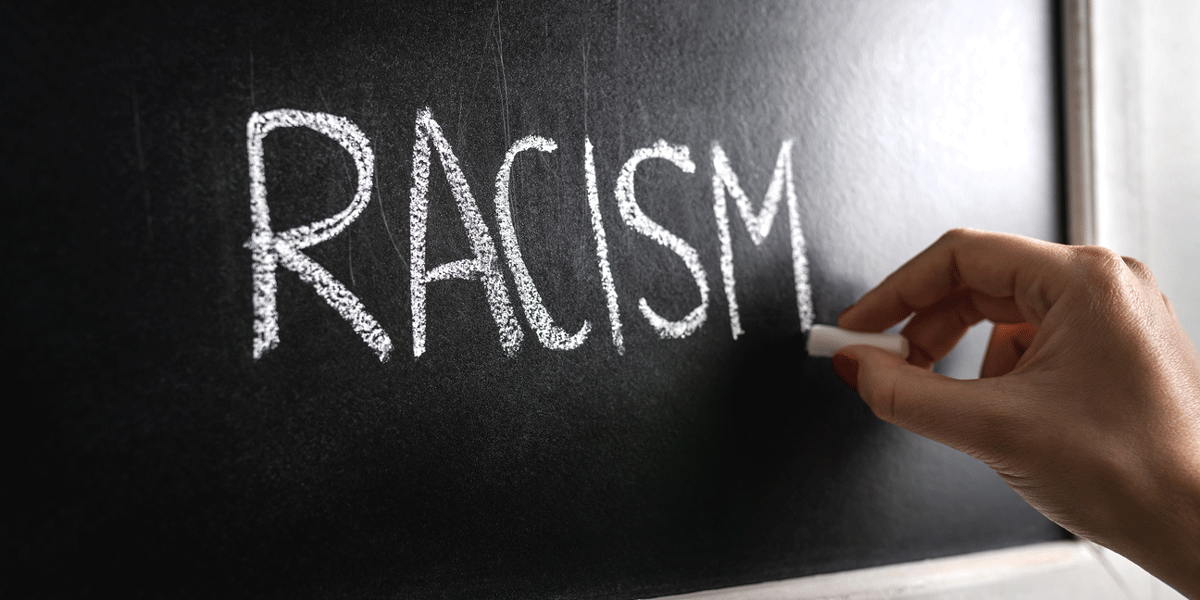I’m filled with deep sadness and grief as I’ve watched these months unfold. If explaining a pandemic to children at Colorado Academy weren’t hard enough, we find ourselves tackling compounding issues of racism, xenophobia, and the multiple stereotypes and prejudice that this period continues to bring to the forefront. There are many emotions to describe how I feel regarding the current events; as a Black woman raising a future Black woman, there’s a sinking feeling of familiar times.
In 2001, my Junior year of high school was interrupted by the death of Timothy Thomas on April 7, 2001. I watched my hometown of Cincinnati, Ohio, as it was overtaken by riots that would last five long days, after an unarmed African American was shot by the police. I can recall how powerless I felt as a student entering the halls of high school after much tension, pain, and grief. I vividly remember my teachers, all of whom identified as white, not knowing what to say to a class of predominantly African American students. They tried to console us through words and examples of the wonderful encounters they had with our local police force.
It was at that moment that I realized that we can live in two different Americas. My teachers had not experienced being racially profiled, calling the police and experiencing a delay in response time, and having police respond with an assumption of guilt. My teachers weren’t grappling with the same internal conflicts I had.
I was asking:
“Are all cops bad?”
“If my cousin is a police officer, what does that say about him?”
“My bus driver is also a police officer, and he is very nice. Is he just the exception?”
The adult lens
As an adult with lived experiences, I have a better understanding of the questions my teenage self asked. I know there are bigger systems in play, and that overcoming bias, prejudice, and stereotypes is an internal journey that some have not explored. Dismantling systemic forms of oppression against marginalized groups takes collective efforts. We must all work towards becoming anti-racist. This requires action on all our parts. As the Minneapolis Chief of Police said, “Being silent or not intervening is being complicit. If there was one solitary voice, that’s what I would have hoped for.”
There have been so many moments throughout this quarantine during which we all were looking for one solitary voice. Perhaps it was in those moments when someone threatened or used anti-Asian language against our Asian friends and family. Perhaps, it was in those moments when xenophobic remarks flew through the air. Conceivably, it was when the homelessness rates increased and the safety of youth who are part of the LGBTQ+ community was in jeopardy. Or it is now, when the list of unsafe activities dangerous to partake in has expanded to jogging and bird watching while Black.
If I could provide myself a younger self with ways to manage such heavy and historical moments, it would be through the lens of what she could do. I believe this is a pivotal moment for us to educate, grow, and move towards a future where history doesn’t repeat the cycle of oppression. It is our moment to envision and take steps towards a more equitable future—a future where people are not afraid that their identity makes it unsafe for them.
What you can do
Many of you may feel called to do something and are navigating what that could look like for our youth. I’ll leave you with a few ideas of ways you can empower your children who may feel called to take action.
- Host a virtual meetup and brainstorm a collective advocacy initiative outside of protesting.
- Put together bags for either people who are experiencing homelessness and being impacted by the protests or bags for the protesters. Include water, snack, and thank you/inspirational note.
- Write and publish online.
- Earn money and donate to advocacy groups working towards the same goals.
- Contact advocacy groups and offer your support online or with local volunteer work.
- Contact your local officials.
- Write a gratitude note to a family member or friend who is a police officer or first responder working to keep people safe.
- Start a summer reading book club about the current issues.
And finally, live the words of Mahatma Gandhi: “Be the change we want to see in the world.”
